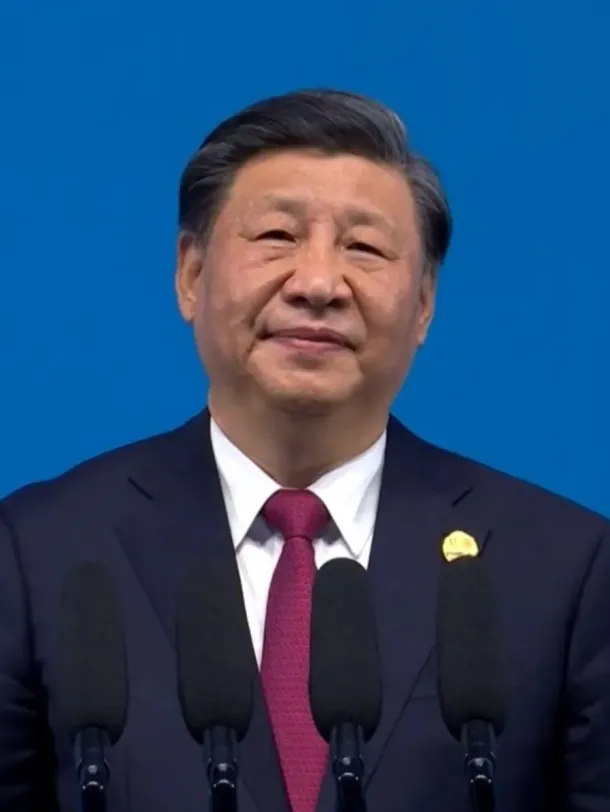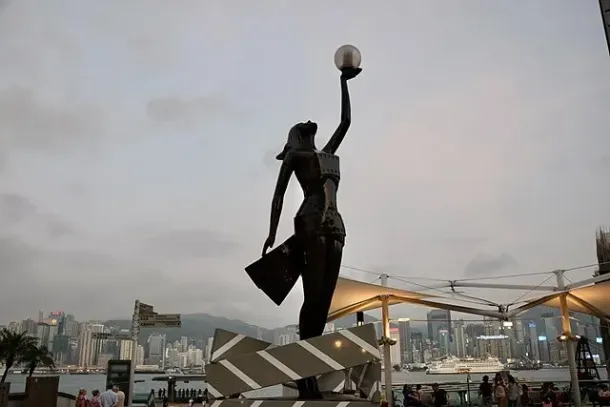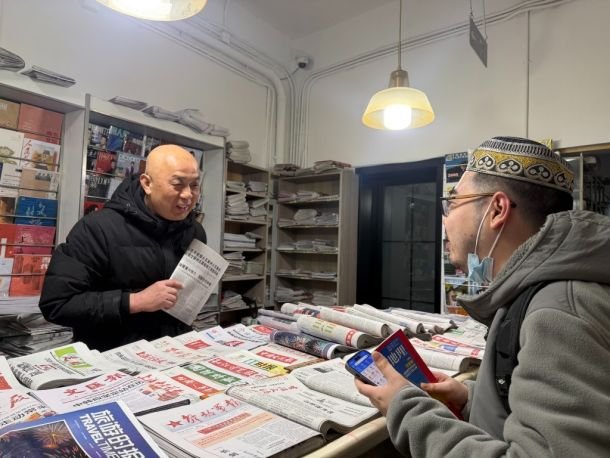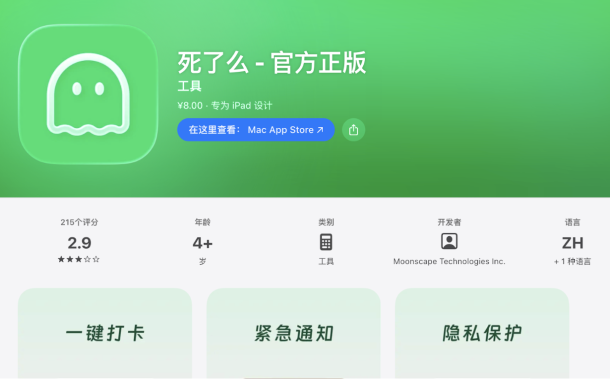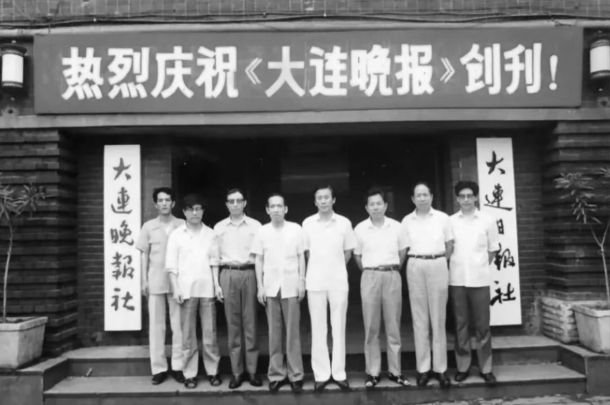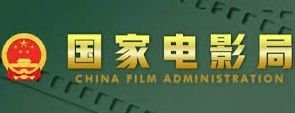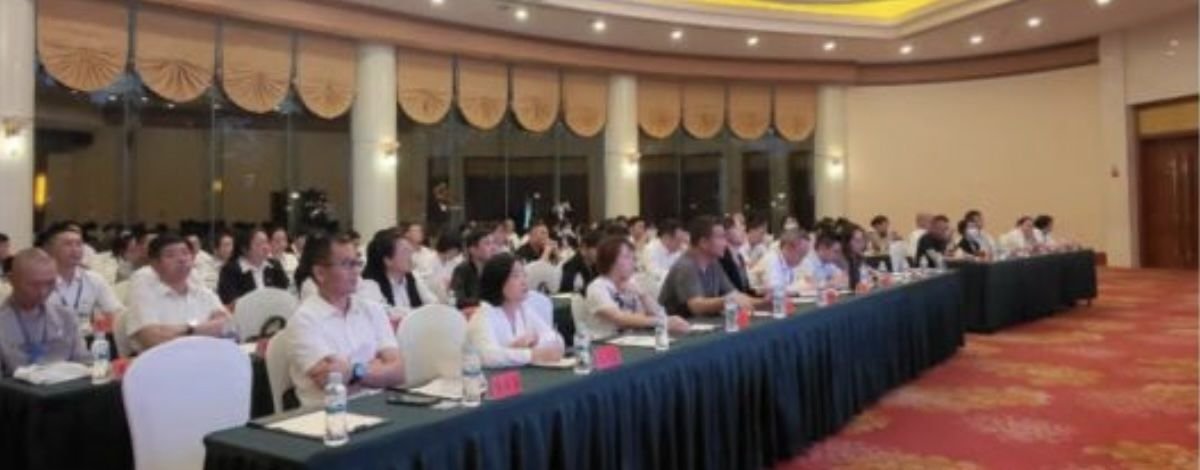A Taipei Girl in Beijing

“She criticizes Taiwan, and this actually resonates with many young media friends in Taiwan.” So, with mendacity, began a June 11 profile of Taiwanese writer Guo Xueyun (郭雪筠) in Shanghai-based outlet The Paper (澎湃), coming two days after she published an essay in Guancha (觀察網), another of the city’s online outlets.
The coverage exemplifies China’s cultivation of sympathetic Taiwanese voices to support unification messaging. Writing under the byline “Taipei Girl Looks at Mainland China” (台北女孩看大陆), Guo has become a recurring fixture in China’s state-run and tightly controlled media, where only one narrative on Taiwan is accepted — that “unification” with China is inevitable, and the deepest desire of the population.
Born around 1990, Guo graduated from the advertising department at Taiwan’s Fu Jen University before moving to Beijing in 2012 for graduate studies at Peking University. Her generational perspective — contrasting Taiwan’s current struggles with China’s (much-mythologized) current prosperity — reinforces the state narrative that Taiwan would benefit from closer ties leading eventually to what China views as “unification,” and many Taiwanese view as annexation. In a 2018 interview with Beijing Youth Daily, she reflected on feeling both amazed and ashamed during her initial Beijing experience to discover that while Chinese typically saw the positive aspects of Taiwan, the reverse was not true.
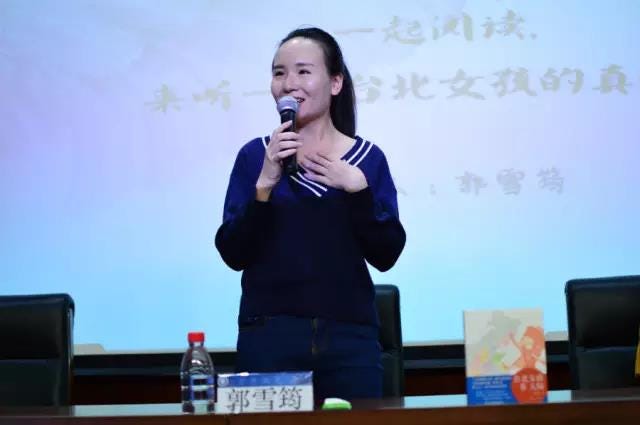
Guo’s transformation from struggling student to prominent author is of course also a story of concerted institutional backing. Her debut book, Taipei Girl Looks at Mainland China (台北女孩看大陸), was published in 2016 by People’s Literature Publishing House (人民文學出版社), controlled by China Publishing Group (中國出版集團有限公司) — a government company under the State Council. Her 2022 novel, I Am in Beijing (我在北京), was released through Jiuzhou Publishing House (九州出版社), a publisher directly controlled by the Taiwan Affairs Office (中共中央台灣工作辦公室), the CCP body that coordinates propaganda and messaging toward Taiwan.

